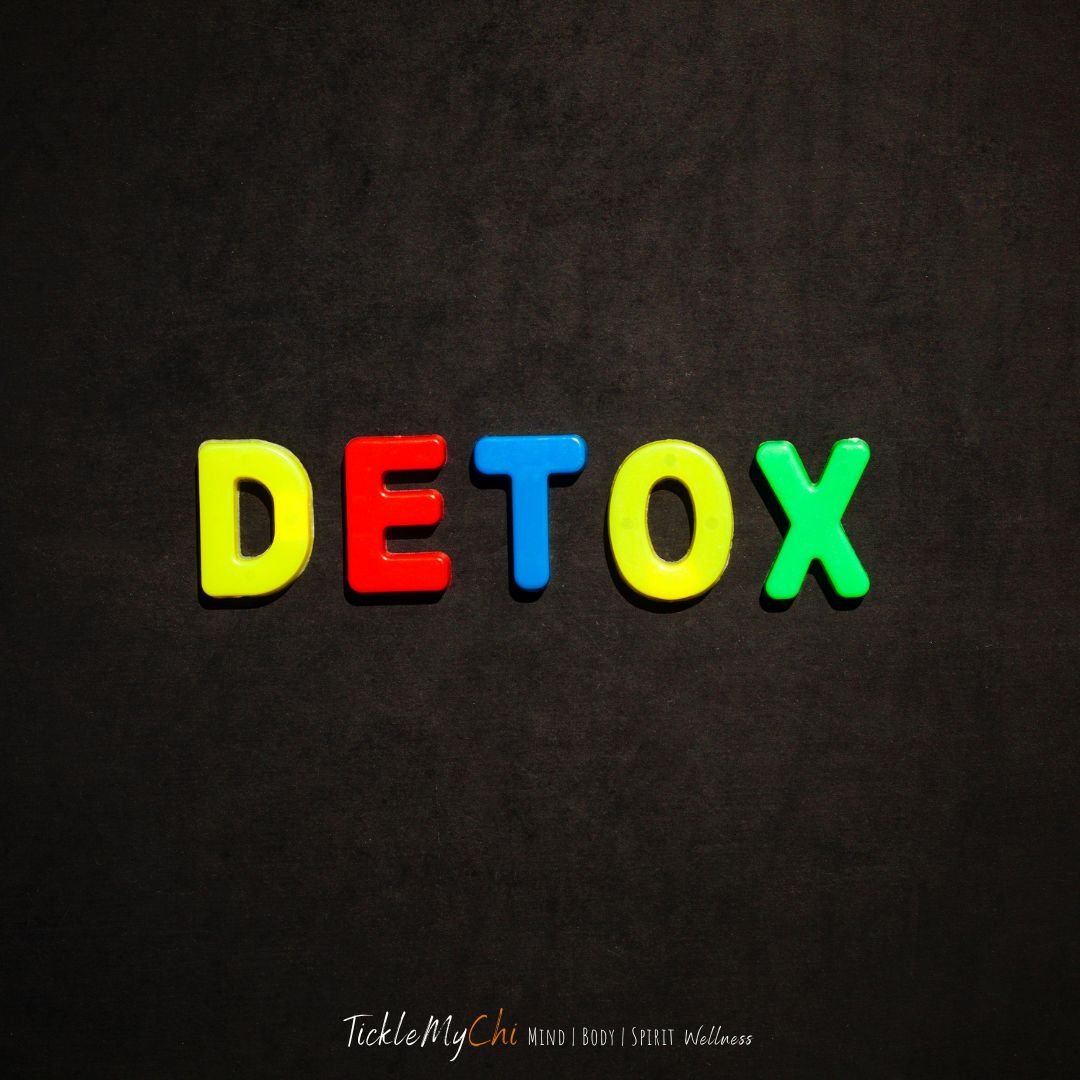
Toxins are ubiquitous in our environment today. In a study by the Environmental Working Group, an average of 200 toxins were found in newborns. If our babies are already starting life so heavily contaminated, imagine what the toxin load is on the average adult!
Where do these toxins come from?
Today, there are not only air and water pollution but also other sources of environmental toxins that can negatively affect our bodies:
- Non-organic foods (pesticides, herbicides, antibiotics, hormones and additives).
- Personal care products
- Household cleaning products
- Building materials and furnishings
Internal toxins
Our normal metabolic processes also produce toxins. These are the natural byproducts of life that, when healthy, are quickly and efficiently removed from the body through natural detoxification channels such as the intestines, urinary tract, lungs, and skin. However, there are more toxins in our environment today than our system can't handle.
What is detoxification?
Detoxification, practiced for centuries by cultures around the world – including Ayurvedic and Chinese systems of medicine – is about restoring, cleansing, and nourishing the body from the inside out. By removing and eliminating toxins and then nourishing the body with healthy nutrients, detoxification can help protect you from disease and renew your ability to maintain optimal health.
4 Ways You Can Support Your Body's Detoxification
When we provide our body with the tools and resources it needs to do its job. Here's how!
1 - Reduce your exposure to toxins.
The fewer toxins you take into your body, the easier it will be to detoxify. Try these strategies to stay toxin free:
Eat organic produce as often as possible
If you can't afford to eat 100% organic, give preference to lean meat, fish and dairy products, as conventional, non-organic produce can contain pesticides, antibiotics and hormones. To find out which conventional fruits and vegetables have the highest and lowest pesticide content, see the Environmental Working Group's 2020 Dirty Dozen List and Clean Fifteen List.
Reduce your use of plastics
Eliminating or reducing the use of plastic packaging and containers for food and beverage storage is a great way to dramatically reduce exposure to BPA, phthalates and other toxins released by plastic products. Instead, opt for glass or stainless steel containers and beeswax packaging.
Use natural body care products
Skin is our largest organ. Show it some love! The Environmental Working Group's Skin Deep Database lists the hazards of over 80,000 personal care products.
Use natural cleansers
Did you know that common household cleaning products are full of toxins? The Environmental Working Group's Guide to Healthy Cleaning rates over 2,500 products.
Clean your air
Did you know that indoor air is two to five times more polluted than outdoor air? As you spend more time at home, it's more important than ever to check your home and furniture for toxins like flame retardants and PVC. The Environmental Working Group's Guide to a Healthy Home provides a list of possible sources of pollutants in your home and how to find healthier alternatives.
2 - Eat detoxifying foods every day.
Your body detoxifies daily - why not support detoxification through your diet? The following foods can support your liver, increase antioxidant levels and bind toxins for quick elimination:
- Berries: Blueberries, raspberries, strawberries and blackberries.
- Green tea
- Turmeric
- Pomegranate
- Flaxseed
- Greens from the Brassicaceae family such as broccoli, Brussels sprouts and kale.
- Broccoli sprouts
3 - Reboot with a seasonal cleanse.
For centuries, many cultures have incorporated seasonal fasting into their traditions. Here in North America, seasonal cleansing has become a ritual for many interested in maintaining overall health.
It can be as simple as eating pure, light foods that are easy to digest for 1-2 weeks a few times a year. Avoid all sugar, alcohol, gluten and dairy. Get plenty of sleep, drink lots of filtered water and reduce stress during this time.
4 - Improve elimination
How can off-the-shelf detox kits turn you into a mess of irritability, headaches and brain fog? They may help you remove toxins from your cells, but not eliminate them. Here's how you can promote the elimination of toxins in your body.
Stay hydrated
Drink plenty of fresh water to help move toxins to the exit. Water helps condense fiber to cleanse the colon and supports kidney function to eliminate toxins through urine.
Increase your fiber intake
Some types of fiber, such as freshly ground flaxseeds, can bind toxins. This means that when the flaxseeds leave your body through your stool, the toxins are also excreted. Slowly increase your fiber intake.
Dry skin brushing
Like the circulatory system, the lymphatic system plays an important role in removing metabolic waste and toxins. But without a pump and valves, the lymphatic system sometimes needs help moving lymph fluid to the lymph nodes, where immune cells can filter out toxins.
Using a long-handled brush with natural bristles, start at the feet and brush the skin in a stroking motion up the legs. Continue brushing the skin of the legs, arms and torso, always stroking in the direction of the heart.
Sweat more
Whenever you break a sweat, you're not just cooling off - you're also helping your body to get rid of toxins. Sweating is one of the body's natural ways of detoxifying itself. As sweat evaporates from your skin, it takes with it harmful substances that can otherwise build up and cause problems.

